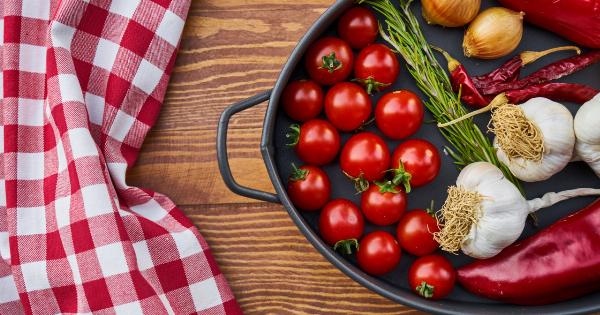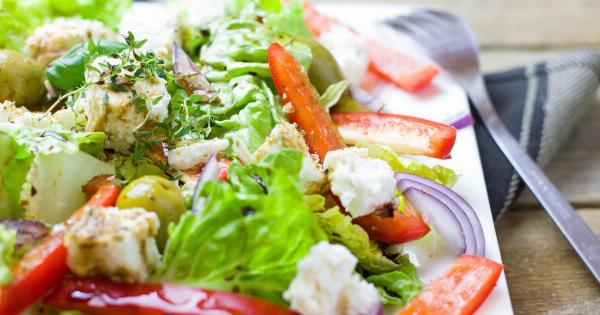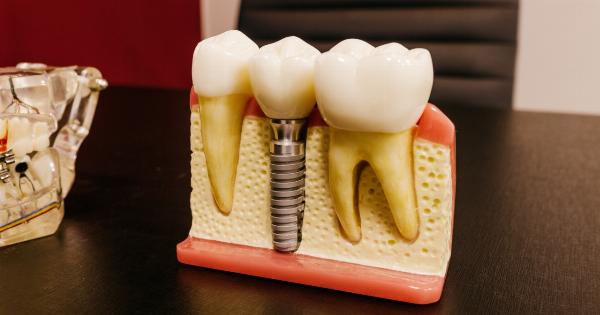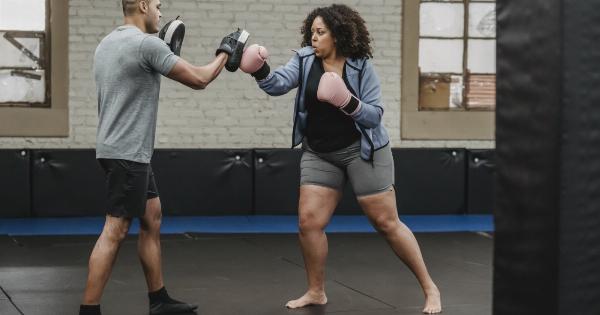Drinking alcohol can cause bad breath, and it is not only unpleasant but also embarrassing. Whether you’re at a party or a business meeting, you don’t want to be remembered for your bad breath.
Fortunately, there are ways to fight bad breath from drinking, and we’ve compiled a list of the top 10 methods.
1. Brush and Floss Your Teeth
The most obvious solution to bad breath is to brush and floss your teeth. Alcohol dries out the mouth, which means that the bacteria that cause bad breath thrive in that environment.
By brushing and flossing, you remove any food particles that may be stuck in your teeth and gums, eliminating the opportunity for bacteria to grow.
2. Use Mouthwash
Mouthwash can be helpful in the fight against bad breath. It helps to remove bacteria and freshen your breath. Use a mouthwash that contains alcohol as it will kill the bacteria in your mouth more effectively.
If you want a more natural option, you can use a mouthwash made with essential oils and without alcohol.
3. Chew Sugar-Free Gum
Chewing sugar-free gum can help to increase saliva production, which can help to neutralize the acid in your mouth and remove bacteria. It also helps to freshen your breath.
Choose a sugar-free gum that contains xylitol which helps to reduce the bacteria that cause the bad breath.
4. Drink Water
Drinking water is important for hydrating your body, but it can also help to combat bad breath.
Drinking water after an alcoholic beverage will flush out the toxins from your body, and it will also help to remove any food particles that may be stuck in your mouth. Besides, water can naturally combat dryness in your mouth and increase saliva production to help remove bacteria.
5. Eat Something
Eating something after drinking can help to combat bad breath. Eating food will create saliva, which helps to neutralize the acid in your mouth and remove bacteria.
Choose foods that are rich in fiber as they will help to remove any food particles that may be stuck in your teeth. Certain foods also have properties that specifically help in fighting bacteria, for instance, yogurt.
6. Avoid Smoking
Smoking cigarettes or cigars can cause bad breath. The smoke from these products can be absorbed by your lungs and then exhaled, producing bad breath. Smoking also causes dehydration, which contributes to bad breath.
Avoiding smoking can significantly reduce the likelihood of experiencing bad breath.
7. Limit Your Alcohol Intake
One of the most effective ways to prevent bad breath from drinking is to limit your alcohol intake. As drinking alcohol is one of the main causes of bad breath from drinking, it makes sense to limit your consumption.
Stick to clear liquor like vodka, gin, and rum, and avoid drinks with a high alcohol content. Also, avoid binge drinking as it increases the likelihood of experiencing negative side effects, including bad breath.
8. Use a Tongue Scraper
A tongue scraper is a tool that is used to remove bacteria and food particles from the surface of your tongue. Bacteria can build up on the tongue and cause bad breath. Using a tongue scraper will help to remove this buildup.
Most toothbrushes now have a tongue scraper built-in.
9. Rinse with Saltwater
Rinsing with saltwater can help to kill the bacteria in your mouth, which can cause bad breath. Add a teaspoon of salt to a glass of warm water and rinse for 30 seconds after drinking alcohol.
Saltwater rinses can also help with oral infections and soreness in the mouth.
10. Chew on Parsley
Parsley can be a useful herb in the fight against bad breath. It has natural properties that can help to freshen your breath. Chew on fresh parsley after drinking. You can also add parsley to your food or drink parsley tea to enjoy its benefits.


























